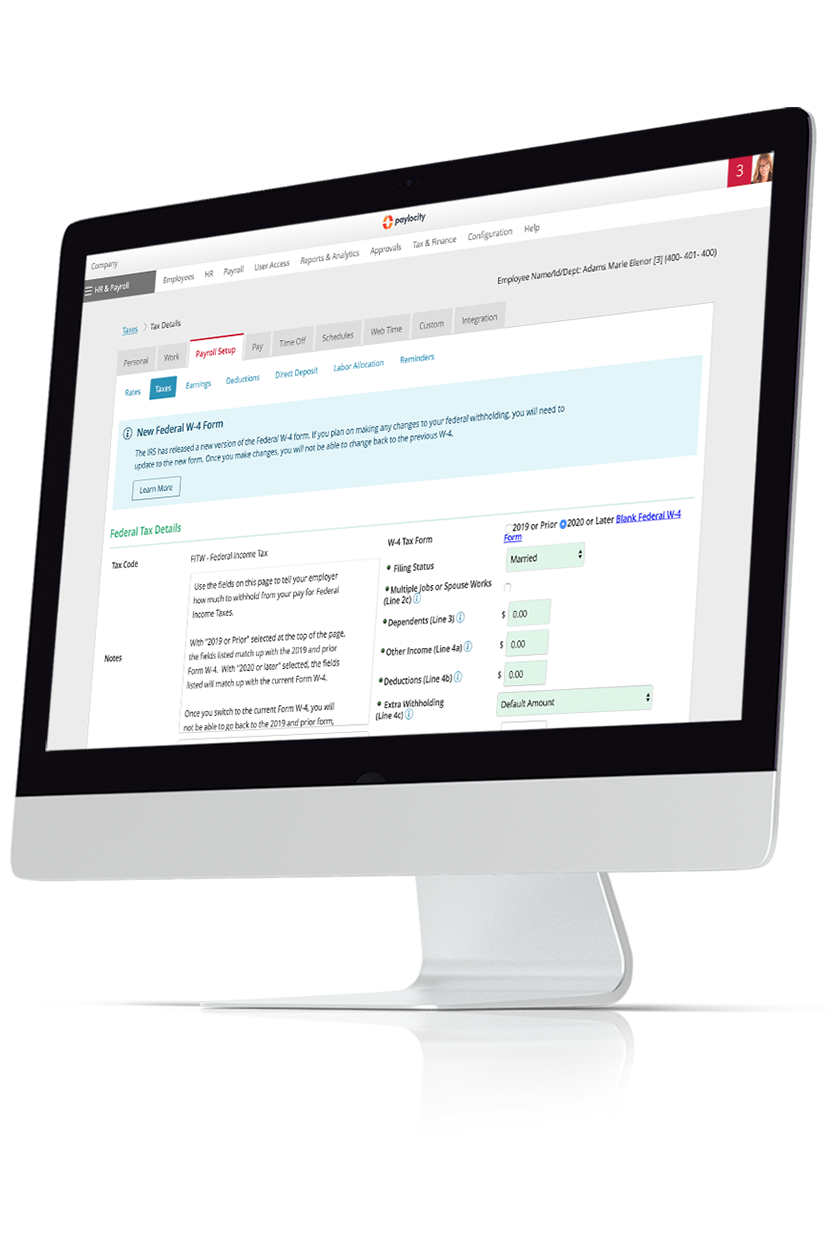Reciprocal Agreement
Summary Definition: An arrangement between two or more states that only requires employees who work in one state but live in the other to pay income taxes to the state in which they live.
What is a Reciprocal Agreement?
A reciprocal agreement is an arrangement between two or more states that allows residents of one state to work in another state without having to pay state income taxes to both.
Under these agreements, employees only pay income taxes and file a tax return in their home state (i.e., the state where they live). In their work state, they’re exempt from paying income taxes or having to file a tax return but will need to file an exemption form with that work state first.
Key Takeaways
- A reciprocal agreement is an arrangement between two or more states that prevents an employee working in one while living in the other from having to pay income taxes to both.
- Under a reciprocal agreement, employees only pay income taxes to their home state (i.e., the state where they live), and are exempt from income taxes in their work state.
- Without a reciprocal agreement, an employee pays income tax to their work state but must file a tax return in both. They may owe extra taxes or receive a refund if the two states have different income tax rates.
Importance of Reciprocal Agreements
According to the U.S. Supreme Court’s decision in the 2015 case Comptroller of the Treasury of Maryland v. Brian Wynne, it's both illegal and unconstitutional for two states to impose income taxes on the same income.
The court’s decision stated such double taxation violates the U.S. Constitution’s Commerce Clause by improperly punishing interstate commerce.
Despite this ruling, if two states don’t have a reciprocal agreement, it can still cause challenges around tax time for employees who live in one while working in another. This is especially true if the two states have different income tax rates.
Without a reciprocal agreement in place, employees instead pay income taxes to their work state but still have to file a tax return in their home state as well. If the home state has a higher income tax rate than the work state, the employee will owe additional taxes to cover the shortage. Conversely, if the home state has a lower income tax rate, the employee should receive a refund.
States with Reciprocal Agreements
States with reciprocal agreements usually have a corresponding exemption form for employees to submit that grants them tax-exempt status for state income taxes in their work state.
|
Work State |
Home State |
Exemption Form |
|
Arizona |
California, Indiana, Oregon, Virginia |
|
|
D.C. |
Maryland, Virginia |
|
|
Illinois |
Iowa, Kentucky, Michigan, Wisconsin |
|
|
Indiana |
Kentucky, Michigan, Ohio, Pennsylvania, Wisconsin |
|
|
Iowa |
Illinois |
|
|
Kentucky |
Illinois, Indiana, Michigan, Ohio, Virginia, West Virginia, Wisconsin |
|
|
Maryland |
D.C., Pennsylvania, Virginia, West Virginia |
|
|
Michigan |
Illinois, Indiana, Kentucky, Minnesota, Ohio, Wisconsin* |
|
|
Minnesota |
Michigan, North Dakota |
|
|
Montana |
North Dakota |
|
|
New Jersey |
Pennsylvania |
|
|
North Dakota |
Minnesota, Montana |
|
|
Ohio |
Indiana, Kentucky, Michigan, Pennsylvania, West Virginia |
|
|
Pennsylvania |
Indiana, Maryland, New Jersey, Ohio, Virginia, West Virginia |
|
|
Virginia |
D.C., Kentucky, Maryland, Pennsylvania, West Virginia |
|
|
West Virginia |
Kentucky, Maryland, Ohio, Pennsylvania, Virginia |
|
|
Wisconsin |
Illinois, Indiana, Kentucky, Michigan |
*Employers may create a custom exemption form or use the line on MI-W4 for claiming exemption from withholding. Employees should write "Reciprocal Agreement" and the state name on that line.
Types of Reciprocal Agreements
While the logic behind them remains the same, there are two different types of reciprocal agreements states can use:
- Bilateral Agreements – These are agreements between two states where both have agreed to provide either tax exemption or credits to residents of the other state. The majority of reciprocal agreements currently in effect are bilateral, though the details of each vary based on the states involved.
- Unilateral Agreements – Indiana, Minnesota, and Wisconsin have a standing offer for reciprocity with any state that provides similar tax treatment for their residents.
For example, if Illinois wanted to enter into a reciprocity agreement with Indiana, it would only need to adopt a law providing similar tax relief for Indiana residents working in Illinois as Illinois residents working in Indiana receive.
For more help navigating state payroll tax variations, check out our Federal and State Payroll Tax Guide.
Related Glossary Terms

Get Taxes Done Right, Without the Stress
We know there's a lot that goes into preparing and filing payroll tax forms. Save time and get support from our expert team. As a Registered Reporting Agent with the IRS, we can help prepare and file all the necessary forms you need to remain compliant - even in the face of changing legislation. Learn more here.
